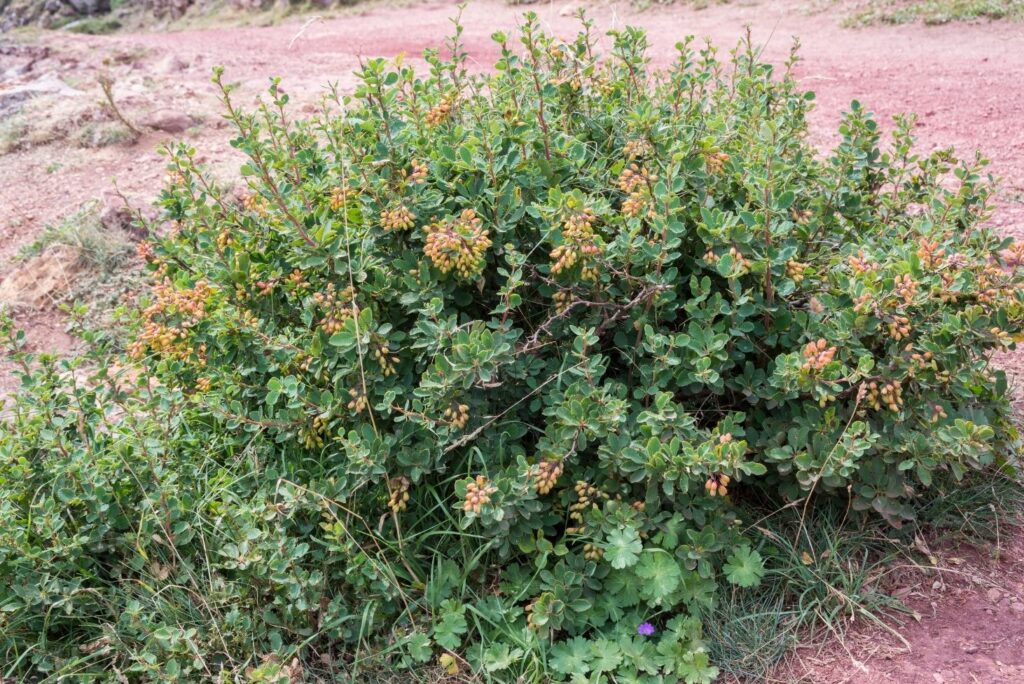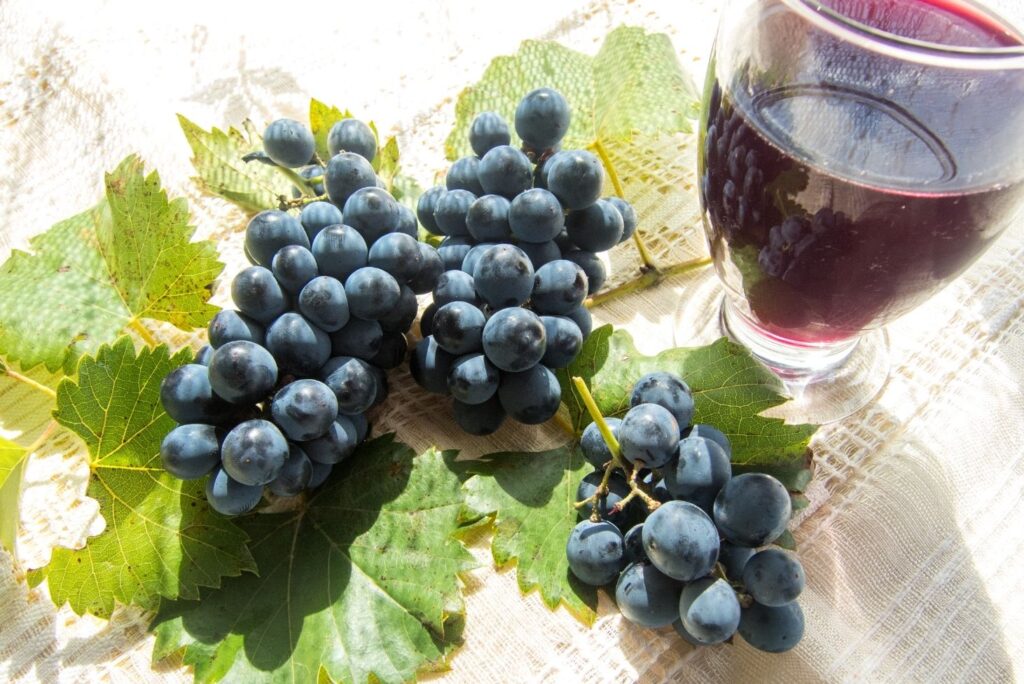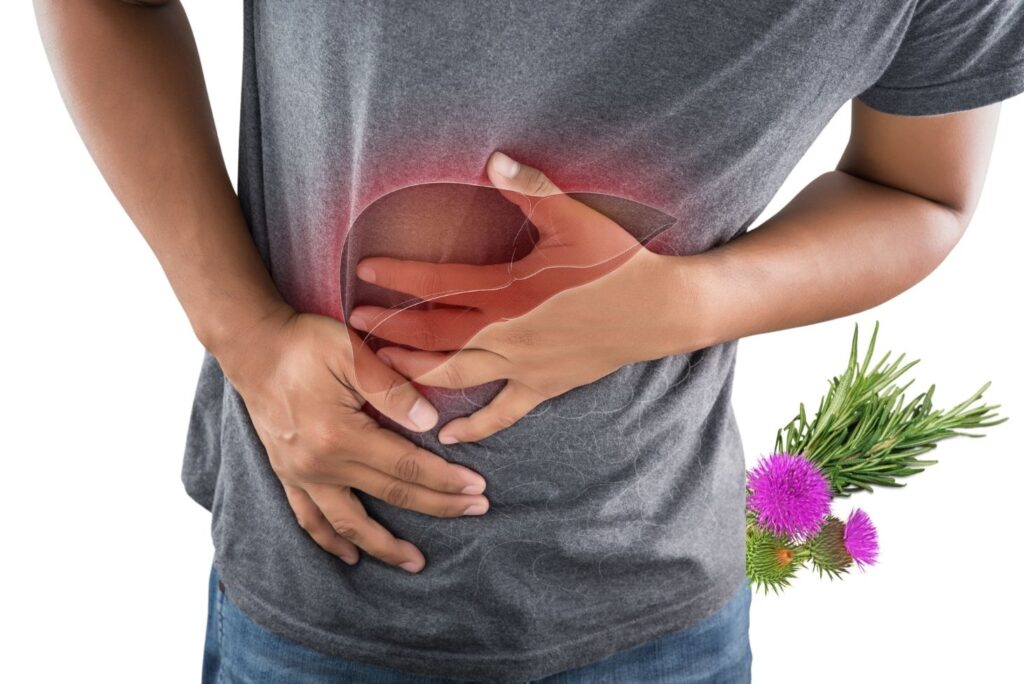If you’re looking for the best natural alternatives to statins, continue reading this article and see what they are. But first, a little bit about cholesterol and the truth behind the cholesterol drugs industry.
Statins are drugs that lower cholesterol levels in the bloodstream. These types of drugs are the only allopathic treatment for high cholesterol, but not only statins don’t solve the issue behind high cholesterol, they create more problems in the body, and more damage. That’s why talking to a naturopath and going for natural alternatives to statins can be a game-changer. But before we get to the shortlist of the best natural alternatives to statins, I want to shed some light on the cholesterol issue.

In This Article You Will Find:
The Truth Behind What Causes High Cholesterol
In his book “The Liver and Gallbladder Miracle Cleanse“, intuitive, Ayurveda, iridology, shiatsu, and vibrational medicine practitioner, Andreas Moritz explains the true cause of high cholesterol, and that cholesterol is not actually bad. After many years of treating people holistically, Andreas realized that not too much cholesterol per se is the culprit for high cholesterol, but the buildup of gallstones in the liver and gallbladder, leading to the malfunctioning of the liver.
Liver stones caused by pathogens and toxic buildup is what causes high cholesterol.
The Medical Medium has a similar explanation. He states that when the liver becomes heavily burdened by toxins, viruses, and/or bacteria, it starts to malfunction. It can’t release the deposits of so-called bad cholesterol from inside the liver, because it is clogged, and has a hard time cleansing the blood from excess cholesterol floating through the bloodstream concomitantly.
To understand the truth behind what causes high cholesterol, let’s start with the very beginning.
What Is Cholesterol?
Cholesterol is an important element for every cell in the body and is essential for all metabolic processes. It is responsible mainly for the production of nerve tissue, bile, and hormones. Cholesterol is produced by the liver and small intestines, which normally release cholesterol directly into the bloodstream. There, cholesterol is instantly bound to lipoproteins in the blood, special cells that carry cholesterol in the bloodstream, which we know as LDL (the “bad” cholesterol), HDL (the “good” cholesterol), and VLDL.
How Cholesterol Works – LDL and HDL
LDL and HDL are two types of lipoproteins that are responsible for carrying cholesterol secreted by the liver and small intestine into the blood. The difference between these types of lipoproteins is that LDL (and VLDL) is a relatively large cholesterol-carrying molecule, and richer in cholesterol compared to HDL, which is a smaller molecule that carries less cholesterol, and there’s a reason for it.
That is, unlike HDL, which passes easily through the bloodstream, LDL and VLDL cholesterol-carrying lipoproteins take a different path; they leave the circulatory system into the liver. Although they are rather large molecules, they make it through the blood vessels that pump the liver (sinusoids) and into the liver. Here, liver cells rebuild cholesterol and shoot it out, along with the bile, into the intestines. Once in the intestines, cholesterol combines with fat and is then absorbed by the lymph, and enters the bloodstream once again.
This is the scenario when the liver is healthy and functions normally. However, this is not the case for most people today, and here is what happens.
What Happens When We Have Liver Stones
Gallstones in the bile ducts of the liver suppress the secretion of bile and, partially, or even completely, block the excretion of cholesterol. This puts extra pressure on the liver cells which leads to a decreased production of bile. A healthy liver usually produces more than a liter of bile a day. When the major bile ducts are blocked, only a cup of bile, or even less, will find its way to the intestines. This prevents a lot of VLDL and LDL cholesterol from being excreted in the bile.
While “good” HDL cholesterol is small enough to leave the bloodstream through capillaries as it normally does, larger LDL and VLDL molecules are more or less trapped in the bloodstream. The result is high LDL concentrations with the potential to be harmful to the body.
Is High Cholesterol Actually Bad?
No, actually high LDL cholesterol is a protection mechanism of the body, not the actual problem. That is, the body needs extra cholesterol to repair the increased number of wounds in the walls of blood vessels due to excessive cholesterol trapped and flowing in the bloodstream. Thus, the “bad” cholesterol attaches itself to the blood vessels, in an attempt to repair wounds, and allow blood to flow through injured blood vessels without causing a life-threatening situation, such as blood clots.
“Bad” cholesterol attaches to the walls of the arteries to warn of the impending heart problem – it’s not causing it.
In addition, something else happens.
Because liver cells no longer receive enough LDL and VLDL molecules, those liver cells assume that there is not enough LDL cholesterol in the bloodstream. Thus, the liver cells increase cholesterol production, which in turn raises LDL and VLDL cholesterol levels in the blood. Therefore, “bad” cholesterol is trapped in the circulatory system because its escape routes, bile ducts, and hepatic blood vessels are blocked or damaged. Arteries attach as much “bad” cholesterol to their walls as they can, in an attempt to cleanse excess cholesterol from the bloodstream. As a result, the walls of the arteries become stiff and hard, which is, however, better than being left exposed to wounds and injuries to the flowing stream of blood.
And this is the real cause of high cholesterol.
Bottomline
Coronary heart disease, whether caused by smoking, excessive amounts of alcohol, excessive consumption of protein foods, stress, or any other factor, usually does not occur unless the gallstones have clogged the bile ducts of the liver. Thus, removing gallstones from the liver and gallbladder can not only prevent a heart attack or stroke but can also prevent damage to the heart muscle. Cholesterol levels return to normal when damaged and deformed liver lobes self-regenerate, after the elimination of gallstones.
Now that you know the real cause behind high cholesterol, let’s get to the best natural alternatives to statins.
6 Best Natural Alternatives to Statins
The natural alternatives to statins on this list can help lower cholesterol levels in the bloodstream without side effects, but they only partially fix the overburdened liver, which is the real cause behind high cholesterol. Hence, we strongly recommend detoxifying and cleansing the liver first and foremost, and then (or concomitantly) following treatment with natural alternatives to statins, after consulting a naturopath. Without further ado, here are the top natural alternatives to statins.
High LDL cholesterol is not a cause of heart disease; rather, it is a consequence of an unbalanced liver, a blocked and dehydrated circulatory system, and a poor diet and lifestyle.
Andreas Moritz
1. Berberine
Berberines are natural plant compounds found in some plants that give the plants a bitter taste and yellow coloring. Recent studies point out that berberine is one of the best natural alternatives to statins in lowering cholesterol, but also in lowering blood sugar levels. Interestingly, berberine boost testosterone in men and lower testosterone in women, which is a bonus effect. Based on the reported data from a number of human studies, the daily dose of berberine beneficial in lowering blood cholesterol ranges between 0.5–1.5 g/d. Here are the plants that contain high levels of berberine and are natural alternatives to statins:
- Barberry (Berberis vulgaris)
- Goldenseal (Hydrastis canadensis)
- Goldthread (Coptis chinensis)
- Oregon grape (Mahonia aquifolium)
- Phellodendron (Phellodendron amurense)
- Turmeric tree (Berberis aristata)

2. Red Yeast Rice
(Monascus purpureus)
A century-old Chinese medicine, red yeast extract is one of the best natural alternatives to statins. The reason is that red yeast rice extract naturally contains lovastatin, which prevents the body from making cholesterol. The lovastatin in the extract has the same chemical make-up as Mevacor, a cholesterol-lowering drug (statin) first developed by the drug company Merck. However, the amount of lovastatin in red yeast rice extract is much lower compared to the amount in the prescription drug, and is of natural origin, compared to stynthetic medical drugs. Thus, no adverse effects.

3. Evening Primrose
(Oenothera biennis)
One of the most powerful herbs for lowering cholesterol is the evening primrose. The secret of this plant is in its seeds. They contain a great concentration of gamma-linoleic acids that help to lower LDL cholesterol in the bloodstream by up to 35%. It has also been shown to improve cardiac recovery in hypercholesterolemic myocardial infarct rats. Indeed, evening primrose oil is one of the best natural alternatives to statins. The recommended dose per day to significantly reduce serum triglycerides and increase HDL levels is ≤4 g of evening primrose seed oil/day, according to this review.

4. Resveratrol
A recent study has shown that resveratrol significantly reduces total cholesterol, while another one concluded that this powerful antioxidant prevents the effects of a high cholesterol diet on rats by reducing the LDL-C levels and suppressing atherosclerotic inflammation. Needless to say that resveratrol, the natural red pigment in red grapes, is one of the best natural alternatives to statins. No, I do not recommend a glass of red wine a day, alcohol is toxic for the human body and especially for the liver, which cannot tolerate any more toxins at this point.

5. Almond Bud, Rosemary and Olive Young Shoot Extracts
In gemmotherapy, almond bud extract together with olive and rosemary young shoots extracts is a powerful combination in lowering cholesterol. These extracts protect blood vessels and improve blood circulation by lowering total cholesterol, triglycerides, and normalizing cholesterol levels. They also help eliminate excess cholesterol at the bile level due to their choleretic and bile purging effects, placing them among the top natural alternatives to statins.
- Almond bud extract – usually 3-4 ml, in a little water, once a day, in the morning before meals (1 ml = approx. 25 drops);
- Olive young shoots extract – 6 drops in a little water, 2 times a day. In case of combination with other gemmotherapy extracts, one can take 6-9 drops a day in a little water.
- Rosemary young shoots extract – 6-9 drops in a little water, once a day. (should not be administered in the evening due to its brain-stimulating action; not recommended if you suffer from epilepsy without consulting a doctor first).
The duration of administration can vary between 1-3 months. Pause for 1 or 2 months and resume only if needed. Please consult a naturopath before following this treatment with these natural alternatives to statins.
6. Fenugreek
One of the best natural alternatives to statins is fenugreek. Among the plants with a hypocholesterolemic effect, fenugreek is the one that intervenes in lipid metabolism, reducing LDL-cholesterol and protecting the cardiovascular system from atheroma, atherosclerosis, and cardiac ischemia. Fenugreek can be taken in 3-month cures, in powder form – 3-4 teaspoons per day, before the main meals. At the same time, you can supplement with selenium and vitamin E, a combination known for its vascular protective effect. This simple herb is one of the best natural alternatives to statins.

Foods that Lower Cholesterol
In addition to the natural alternatives to statins, the most important aspect in lowering cholesterol is diet. High cholesterol is caused by poor diet and bad lifestyle choices such as alcohol consumption and smoking, which congest and overburden the liver. The first step in lowering cholesterol is supporting and cleansing the liver. For this:
- Avoid high-fat foods, including fried foods, and junk foods as well as meat, eggs, high-fat pastry, and sweet pastry.
- Have plenty of fresh fruits and veggies.
- Drink lots of fresh water, fresh juices, and coconut water.
- Don’t eat any fats (including healthy fats) before lunchtime.
- Do not smoke or drink alcohol.
- Go to bed on time, and avoid sleepless nights.
- Exercise and stay active.
- Be calm, and avoid getting upset or having mental fatigue.
Statins Do More Harm Than Good
Like most big pharma businesses, cholesterol is a profitable niche, where all involved parties make good money at the expense of people’s suffering. Cholesterol drugs and therapies don’t work, because if they would, people would get better, instead, they pay a lifetime subscription to statins and feel more miserable and sicker than ever.
It has long been thought that statins only reduce the synthesis of cholesterol in the body, thus reducing the risk of cardiovascular disease. However, it has been shown that these drugs have profound negative effects on the whole body. Synthetic statins artificially lower blood cholesterol levels by blocking the liver enzyme that is responsible for producing cholesterol. By creating this artificial hunger for cholesterol in the liver, the bile is not formed properly, which increases the risk of gallstones and prevents the proper digestion of food.
Today there is a proven link between the use of statins and certain types of chronic degenerative diseases, including neurological and neurocognitive issues, type 2 diabetes, liver and kidneys toxicity, and even heart problems, you’ve heard that right.
With this in mind, going for natural alternatives to statins is a great starting point. The root cause of high cholesterol is an overburdened and congested liver due to pathogens and toxic materials that have led to the buildup of gallstones in the liver and gallbladder. For this, we recommend that you also read our article entitled 7 Natural Remedies for Liver Health.
And, of course, we strongly recommend the liver cleanse from Andreas Moritz’s book because many people have had very good results after doing this cleanse, as you can see here.
Read Also: 12 Natural Treatments for High Cholesterol
We hope that the natural alternatives to statins here and the advice will really open your eyes to the real cause behind high cholesterol and what to do about it. If you’ve found this information empowering, please share it so more people learn about the natural alternatives to statins and get better. Stay healthy, naturally!
Share on Pinterest ❤️




